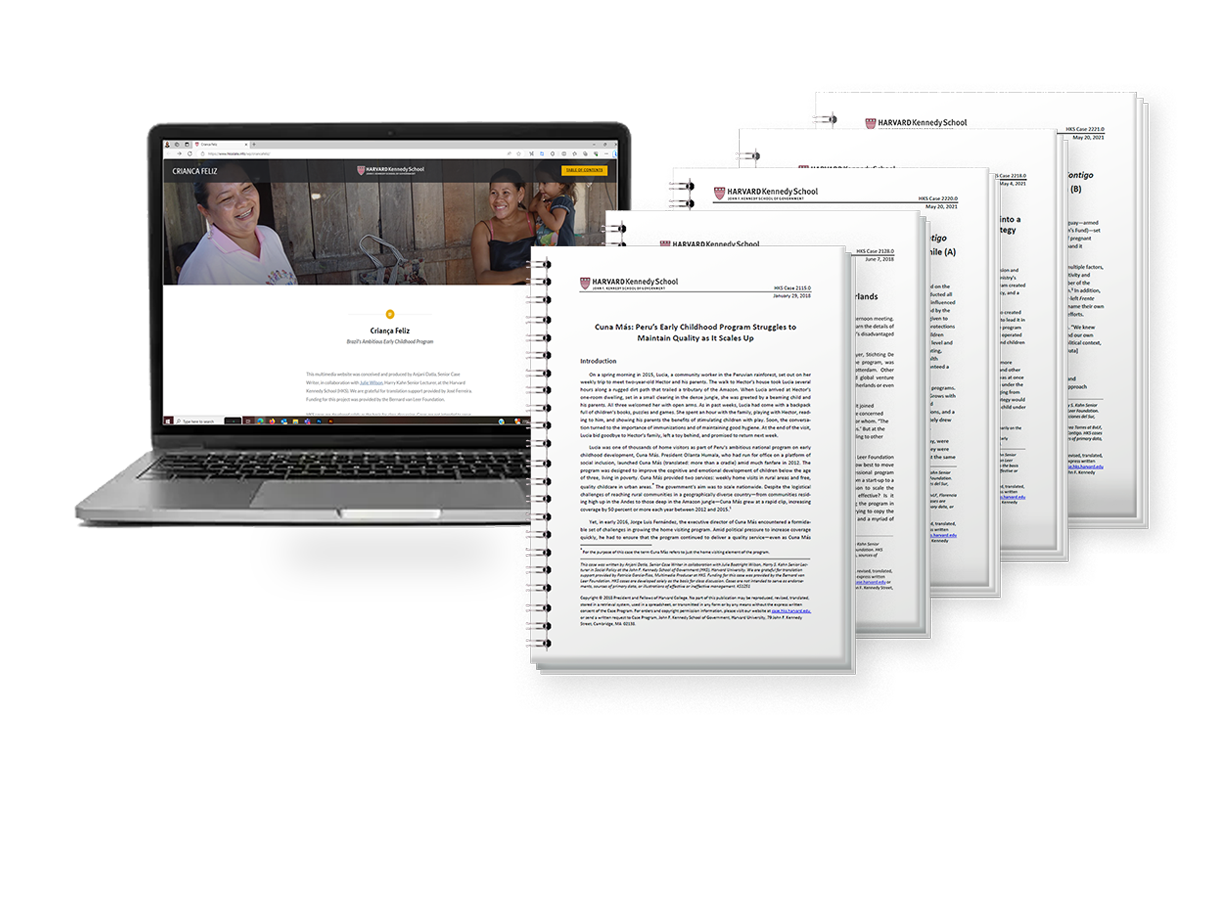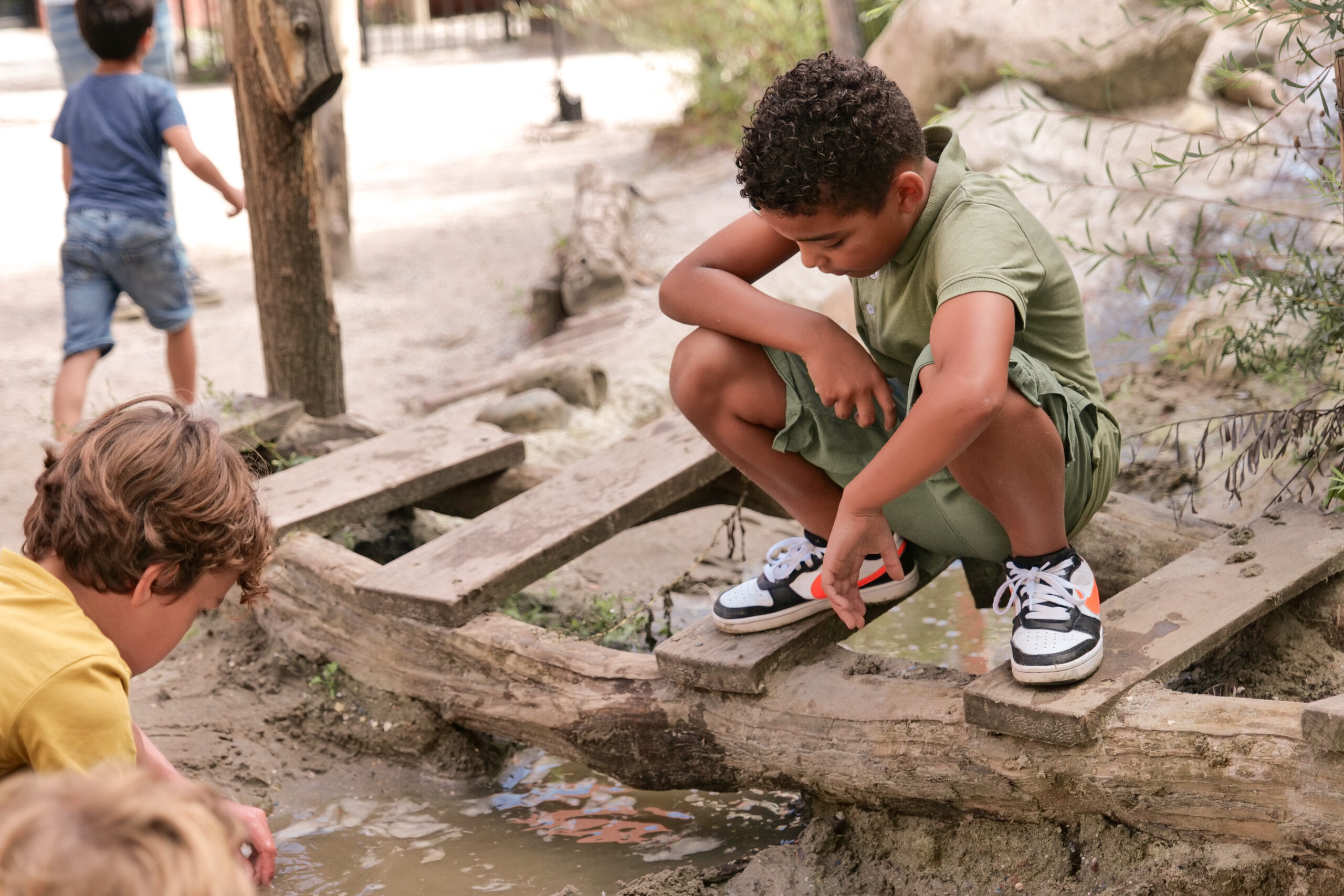We believe the transition to scale – which we define as reaching at least 50,000 children, or covering the full population of a defined administrative territory such as a city or state – is the major current challenge in early childhood development.
So, we partnered with the Harvard Kennedy School to produce a series of case studies that looks at the scaling journeys of different early years initiatives. The findings offer shared understanding and lessons learnt on the process to scale.
In focus
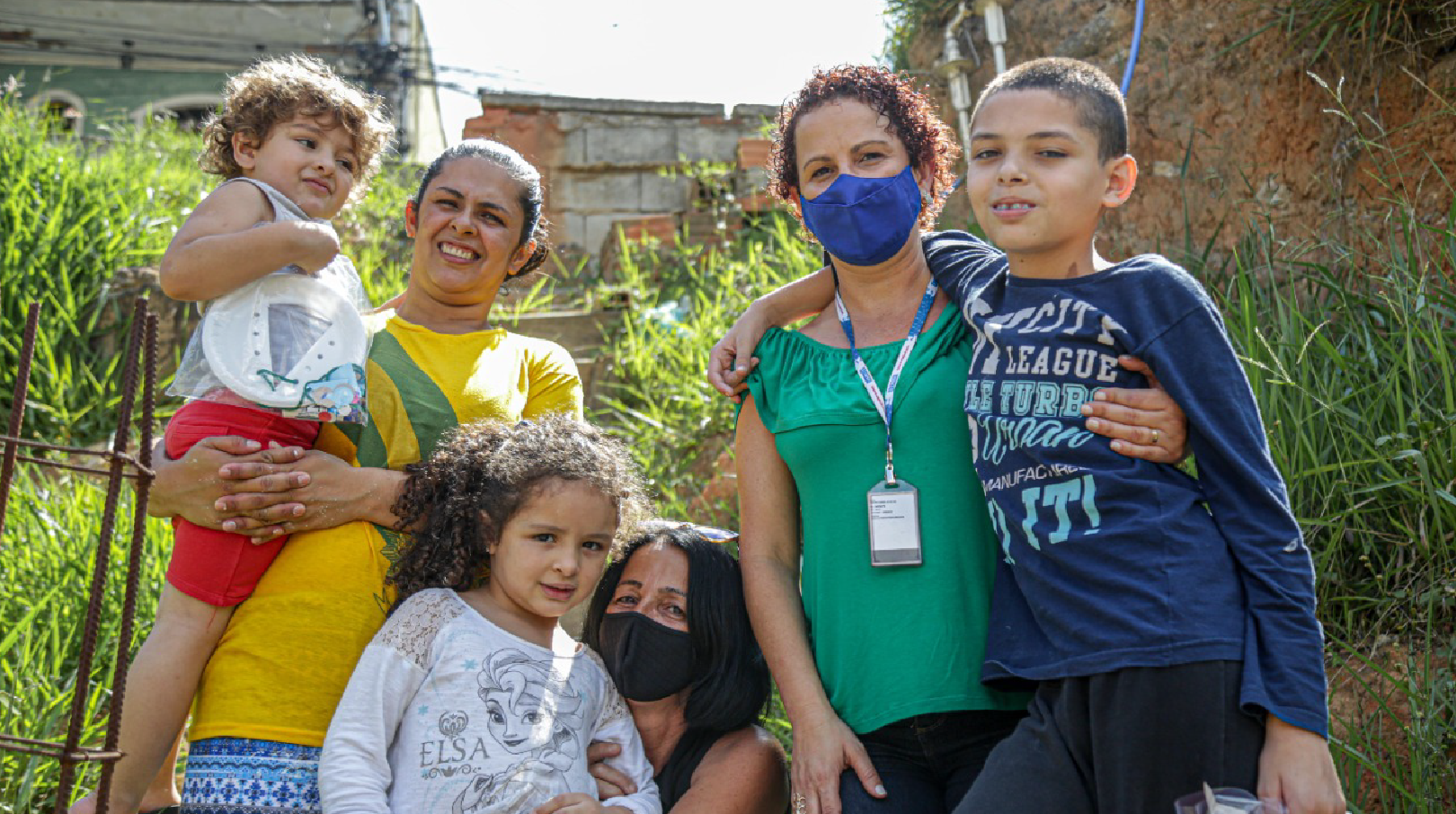
Management case studies
Criança Feliz: Brazil’s Ambitious Early Childhood Programme
This case study dives into Criança Feliz: one of the largest home visiting programmes in the world.
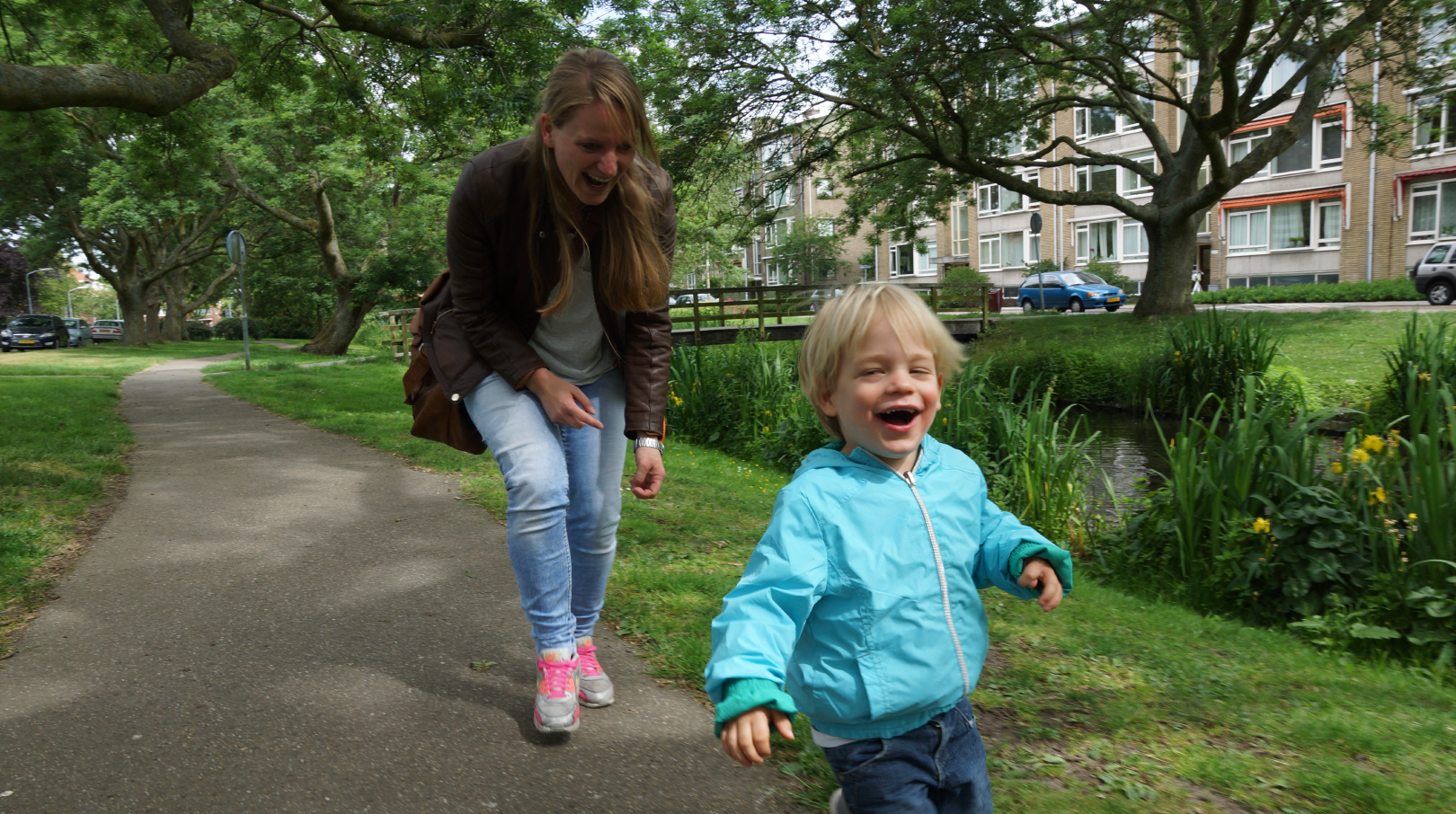
Management case studies
Mothers of Rotterdam: Scaling a Social Services Programme in the Netherlands
This case study looks at how a social service programme approached the challenges that come with growth and expansion.
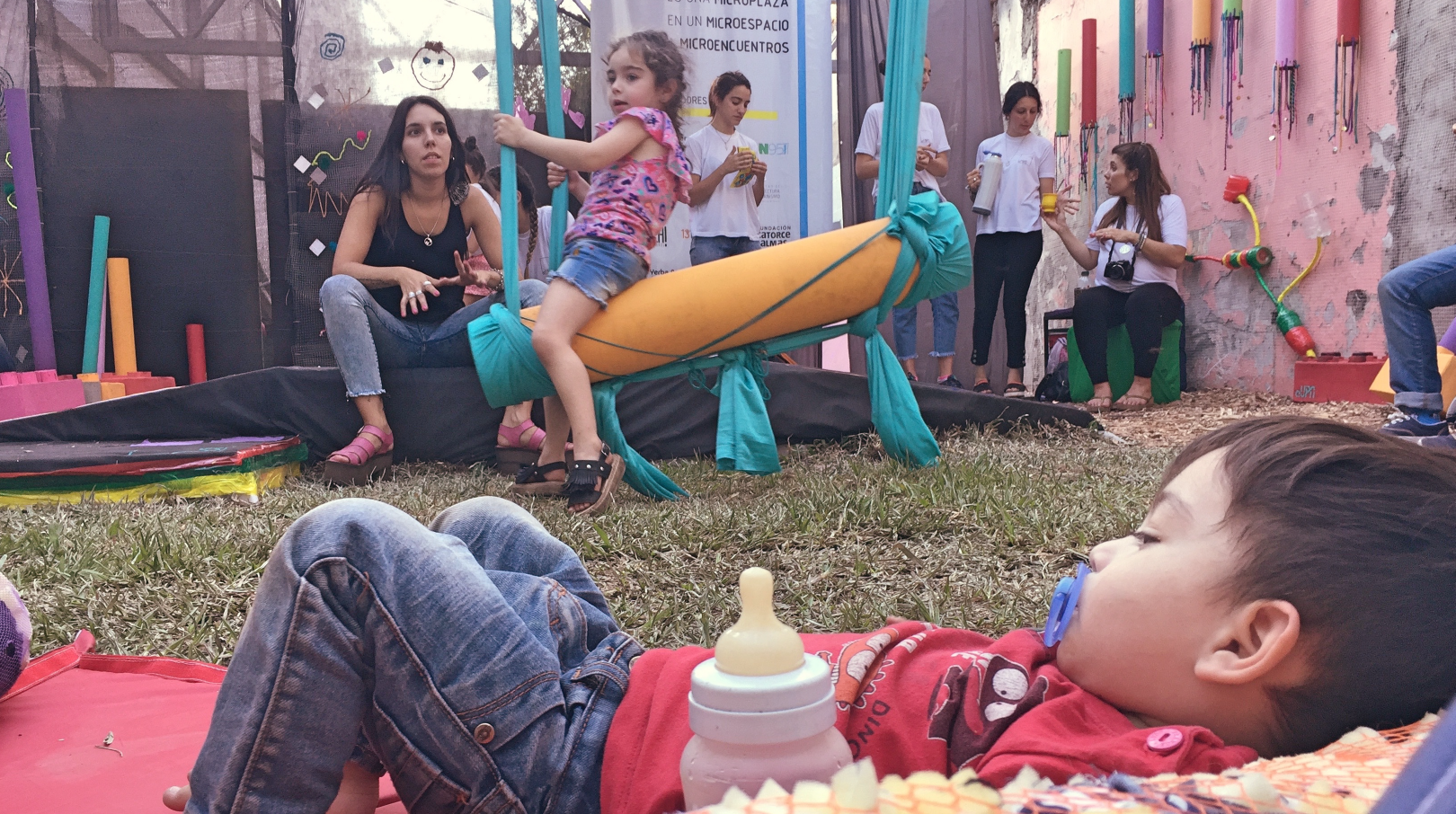
Management case studies
By Design Part One: The Thinking Behind Uruguay Crece Contigo
This case study begins a comparative analysis of early childhood programming in Uruguay and Chile.
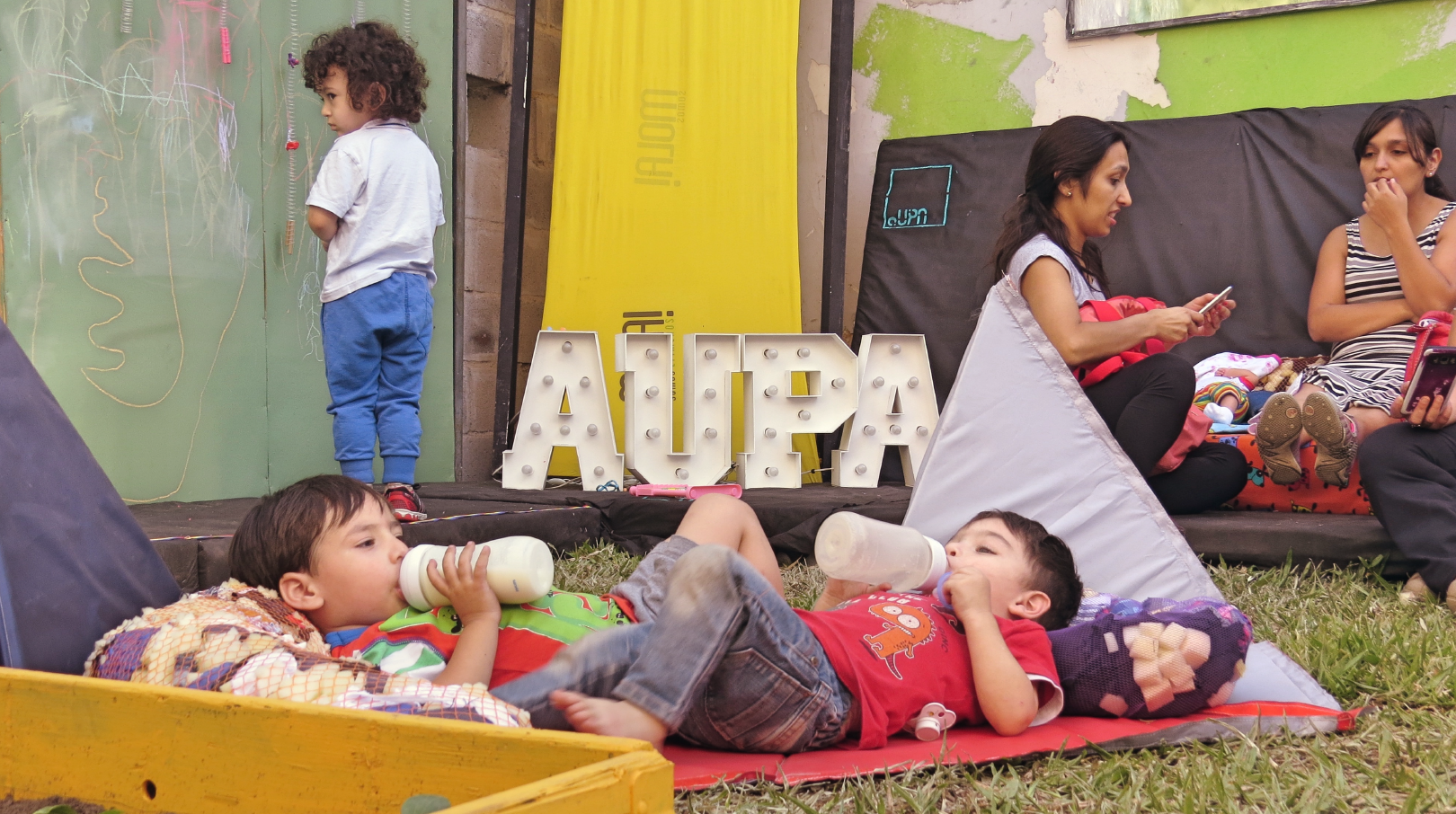
Management case studies
By Design Part Two: The Thinking Behind Uruguay Crece Contigo
This case study continues to explore the differences in policymaking decisions around early childhood between Uruguay and Chile.
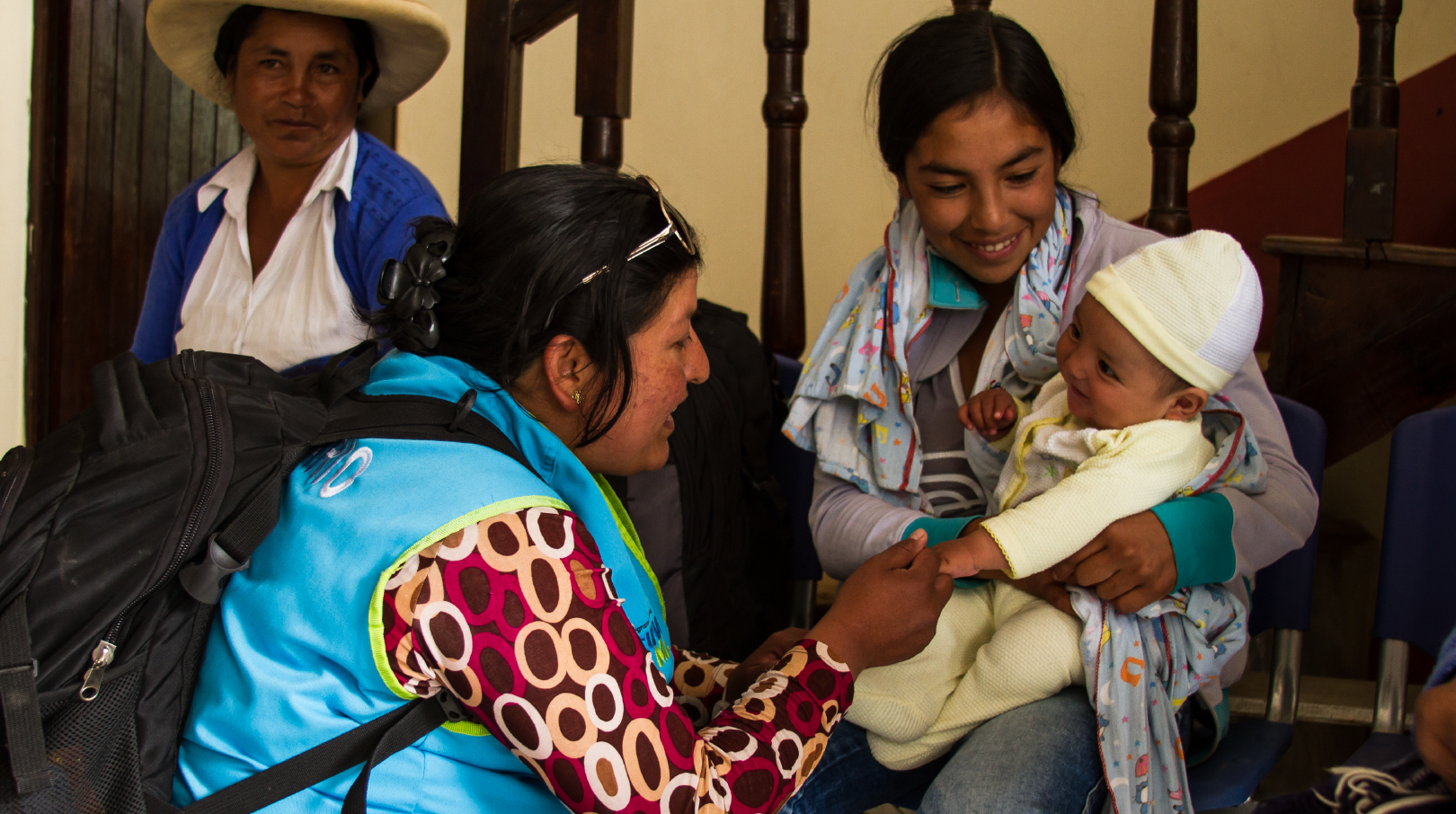
Management case studies
Cuna Más Part One: Peru’s Early Childhood Programme Struggles to Maintain Quality as it Scales Up
This case study weighs up the achievements and challenges of rapid expansion experienced by Peru’s Cuna Más programme.
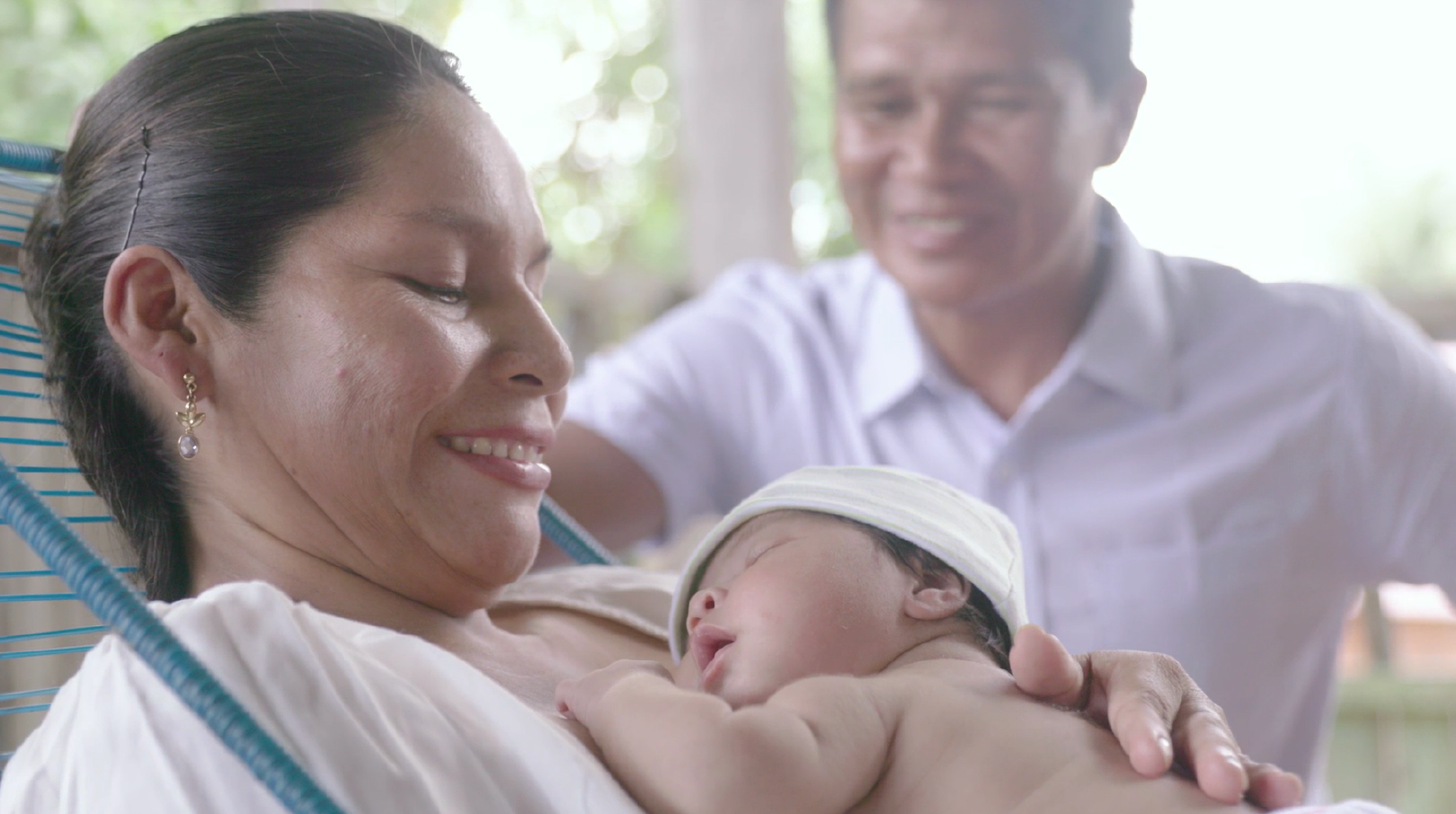
Management case studies
Cuna Más Part Two: Peru’s Home Visiting Programme Evolves into a Comprehensive Early Childhood Development Strategy
This case study zooms into policymaking in Peru and what it takes to develop a multisectoral early childhood strategy.
Related Collections
